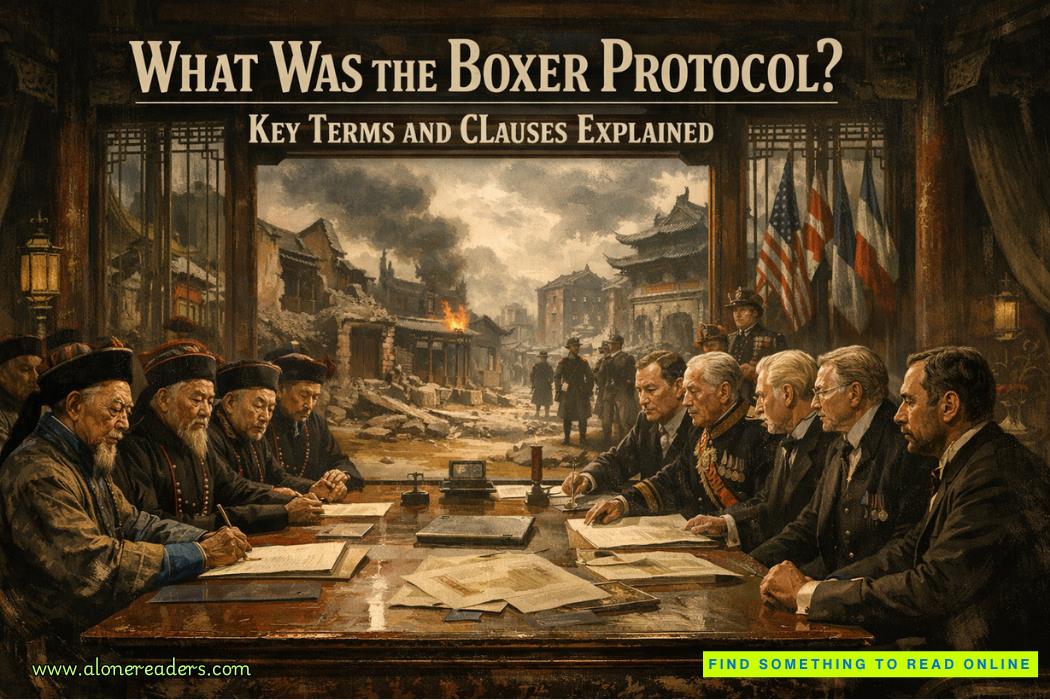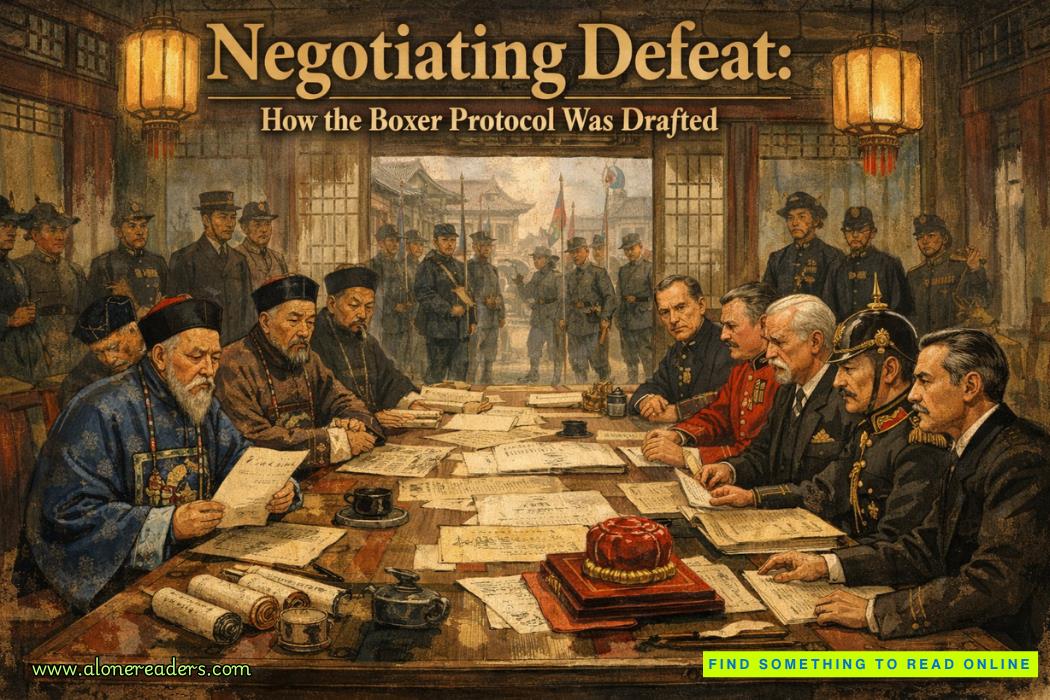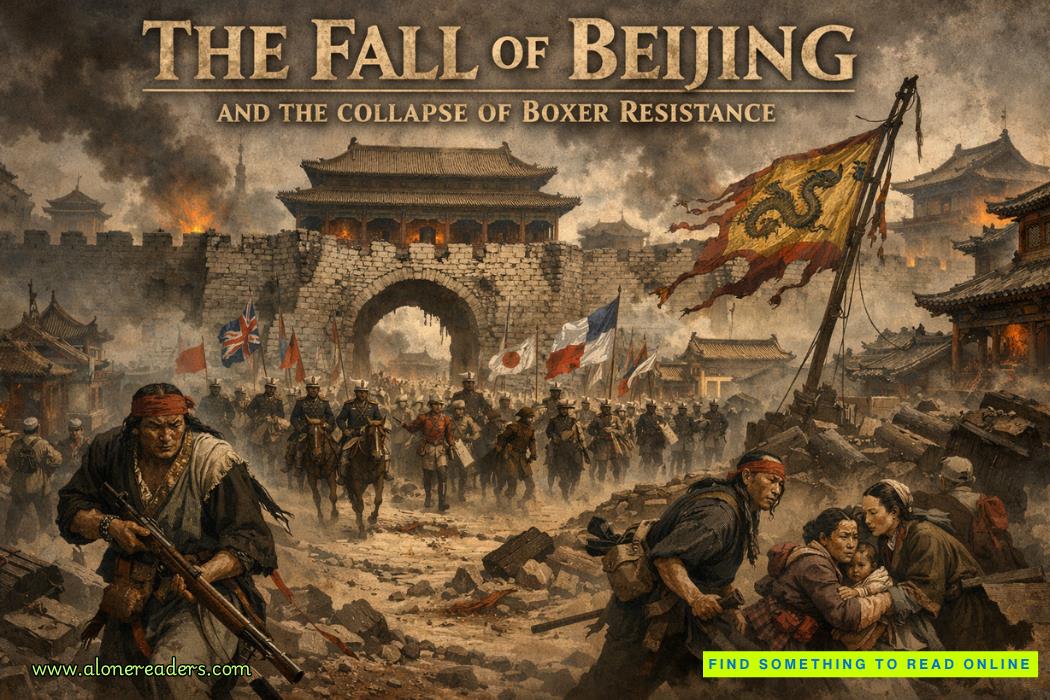“Where’s Anh?” Grace asked.
Sister Mary Alice pointed toward the door on the left. “She’s preparing lunch. That young lady’s just amazing. She can make the most delicious meals out of even the sparsest ingredients. We’ve been having wonderful meals with her cooking … a welcome change from frozen string beans and casseroles.”
Grace inhaled deeply. She’d noticed a refreshing aromatic scent of herbs when she came into the room. “Just the smell makes me hungry,” she said. Her nose detected the fragrance of fresh ginger and coriander. Grace’s stomach grumbled.
“She is devoted to him,” Sister Mary added. “She walked from the motherhouse into town this morning just to see if she could find some fruit for his breakfast. But he’s so withdrawn. All he wants to do is watch television.”
“It’s a problem even with my Molly,” Grace said, thinking of her youngest, who could spend hours in front of the TV.
Sister Mary shook her head. “We have other children here, but somehow his preoccupation with it seems different than the others.” She looked over toward B?o again. “Can you believe the other day one of the sisters caught him trying to unscrew the back? He was determined to try to get a look inside.” She let out a little laugh. “Luckily, he was caught before he did any real damage.”
“Sounds like B?o’s a bit of a tinkerer. I know the type well.” Grace couldn’t help but think of Harry and Tom, even Jack. They were all endlessly curious how one piece fit into the next, how a hundred little pieces went into making something functional and whole.
“It’s a fascination, that’s for certain,” Sister Mary Alice agreed as she again glanced at B?o glued to the television. “Look how he’s completely transfixed.”
CHAPTER 22
IN THE COMMON ROOM OF THE MOTHERHOUSE,B?O ADJUSTShimself into the contours of a roomy chair, his eyes glued to the television screen. His fingernails are still raw from hours earlier, when he tried to pry off the rear plate without the tools his father used on his radio back home.
He misses his father. He remembers his nimble hands, how he would unscrew the metal backing of his radio and adjust the miniature tubes like a surgeon who knew the intricate workings of anatomy. B?o marveled as the sounds ultimately emerged. First the uncomfortable whirl of static, and then voices that were so crystal clear, he thought that small people must be trapped inside. Now the television offers a similar reprieve; B?o slips into the magical world of superheroes and battles. His mind welcomes the distraction. He does not want to remember his mother counting the gold in the fisherman’s hut. He does not want to think about the girl in the yellow cotton dress skipping through the reeds. And most of all, he does not want to recollect the boat keeling over and him and his parents slipping into the cold, dark sea. He still imagines there is a way to bring his parents back to life. To resurrect them out from the water. He believes if he studies these sorcerer-like warriors on the television, he will learn their secrets and can then retrieve his mother and father from the other world.
The characters in the television echo the mythical champions from the stories his mother loved to tell him back home. His favorite was the one about the old woman who was pregnant for three years and finally gave birth to a little boy she named Giong, who, insteadof waking and playing like all the other children in the village, slept for fifteen years. It was only when danger fell upon the country that Giong suddenly awakened and rose up to accept the challenges that faced him. He requested an iron sword and an iron horse that breathed fire, both of which he used with great skill to defeat the enemy.
B?o believes the story of Giong to be true. After all, his mother told him that the village of Sóc Son still had a bamboo grove where the stalks were not green like the rest of the country but rather orange from where Giong’s horse had breathed fire onto them.
“There are certain boys who are born with magical gifts,” she had told him before kissing him good night. B?o now hears her voice whispering those words in his head. He has managed to use them to replace their cries from the boat that night.
It was Anh who had pulled B?o up from the water after Chung struggled to bring him over to the boat. Her fingers were the ones that fiercely grasped his and hauled him back on board after Chung had bitten him to release the boy’s grip.
She went back over to the edge, hoping to pull Chung and Linh out too. She screamed their names while urging the others still on board to do the same. But Anh’s desperate pleas fell upon deaf ears. The captain was focusing all his attention on trying to save his boat from sinking, demanding all the passengers to use whatever they could find to bail the water that had flooded the deck.
B?o lay in her arms, soaking wet. Long red ribbons of blood snaked down his arm from where he was bitten, and the wound was starting to swell. Someone had brought some betel leaves with them, which had antibacterial properties, so Anh placed one of the leaves on the wound before wrapping his arm in some cloth she tore from her shirt. Dressed in layers, she peeled off her dark cotton top and replaced B?o’s wet clothes with her dryer ones. Those who remained on the boat werecrying while others were yelling at the captain, who hissed that they would all be captured and killed if they didn’t stop their wailing.
For the rest of the evening, the boat motor chugged deeper into the South China Sea. Two people lighter than when they began, those on board whispered of a curse. Anh held B?o tightly in her arms as he drifted in and out of consciousness. Not knowing what to do, she prayed to her ancestors for help and made promises to Chung and Linh of her devotion.
When B?o finally awoke, he asked repeatedly where his parents were.
“They are in heaven with our ancestors,” she said, using the same words Linh had once used to comfort her.
He began to sob, large, violent cries that caused his whole body to shake.
“My arm …” He looked down at his forearm that was now bandaged with a piece of Anh’s undershirt. He was still unsure if the flashes of his father’s last moments were real or not.
Anh remained silent. She had neither the heart nor the words to tell him.
CHAPTER 23
JACK PLACED HIS BOOK ON HIS NIGHTSTAND AND GLANCED UPat the wall clock. It was nearly 6:30 p.m. In a few minutes, Tom would be finishing up at the store, packing up his things, and returning home to his family for supper. He would put his tools away and neatly place all the paperwork on his desk, but he would leave the brass desk lamp on for Jack. The first time Tom gave him the keys to the store and told him he could let himself in whenever he wanted after hours, Jack thought Tom had simply forgotten to shut that light off. But the soft illumination that greeted him that first evening soon became a consistent, silent invitation to enter a space that had since become sacred to him.
Jack did not consider himself a spiritual man, but it was undeniable that Tom had come into his life when he needed it the most. He had given Jack a place to stay and the means to support himself. Working at the shop had restored a crucial part of him, the part that was most vulnerable yet the least visible.
His dignity.
Before Tom offered him the apprenticeship, Jack had been employed at Foxton Elementary School as a night janitor. He had taken the job for a few reasons, one being that he could do it after regular operating hours when the school was nearly deserted. He had struggled in school his whole life. He was a late reader. The words on the page were a code that took him months longer than other children to unlock. He preferred to sit in the back of the class, far from the blackboard and the teacher’sdesk, where he thought no one would notice him. In high school, Becky had been the one who thrived in that environment, not he.
Working as a janitor, though, proved to be far more enjoyable than he imagined. Each night when the school was empty and he freely wheeled his trolley from classroom to classroom, he couldn’t help but smile when he saw all the beautiful signs of life from the children or the brightly colored bulletin boards that revealed the care the teachers had all so clearly taken to make learning fun.
He worked there for two years, wiping down desks, polishing the sticky doorknobs, emptying trash cans, and cleaning the toilets. It had been just the kind of job he needed, offering steady pay and late hours that enabled him to be close enough to life without having to actually engage with it. He breathed in the innocence of those children through the pencil drawings on their desks and the apple cores they tossed in the trash cans. All of it spoke to him of a lightheartedness that had escaped him in his own childhood and the years thereafter.















